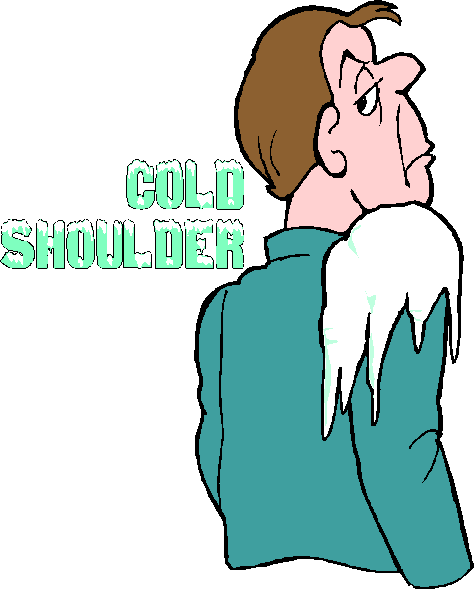Targets in English Blog
Palace of Fine Arts, San Francisco
English Idioms: Baseball—Touch Bases
—v. phr., to make contact, to communicate. Here is another common English idiom that comes from baseball. In the game, a runner must touch all three bases before running to home plate to score. The term is now also used for everyday communication.
Examples:
Often called America’s pastime, baseball is one of the most popular sports in the U.S. It has also become popular in other countries, such as Japan and Taiwan. As a popular sport, it has contributed many idioms to the English language, like this one. And with the World Series set to begin on October 21, with the San Francisco Giants taking on the Kansas City Royals, now is a great time to learn these phrases.
So touch bases with us often to learn more idioms from America’s pastime.
Visit EnglishMobi on the Web, on Facebook, and on Twitter.
Baseball Idioms: Bat Around
Let’s bat around some of the suggestions on how to decorate the office.
With the World Series beginning, it’s a great time to learn some of the many colorful English idioms that come from baseball, a sport that is commonly called “
English Idioms: Fish Out of Water
fish out of water—n. phr. If you feel like “a fish out of water,” you’re in a place where you’re not comfortable. You’re not in the kind of place you usually are. This common idiom obviously pictures fish, which certainly are not comfortable on dry land. It has been traced back to the late 1300s.
After living in the country for so many years, Debby felt like a fish out of water in the city.
English Idioms: Baseball—Get to First Base
Related English
On a baseball diamond, you have first, second, and third base, along with home plate. The players defending the bases are the first baseman, the second baseman, and the third baseman. Guarding home plate, of course, is the catcher.
Other idioms that use bases include touch bases and off base. Learn more baseball idioms at EnglishMobi this week as the World Series gets underway in the
Kitesurfing at the Golden Gate
 |
| Kitesurfing in San Francisco Bay. |
On weekends, the waters around the Golden Gate Bridge in San Francisco are popular for a variety of water sports, including kitesurfing, seen here. Kitesurfing is an extreme sport that uses a large “power kite” and a special surfboard. The kitesurfers are able to fly above the water and do flips.
Baseball Idioms: Ballpark Figure
English Idioms: Money: Foot the Bill
Free at:
Winter Idioms 2
Idioms make English more colorful and fun, but they are difficult to learn because there are so many of them. A good solution for learners is to study a small number of phrases that are related by topic. This makes them easier to learn and easier to remember.
1. get cold feet—v. phr., to decide suddenly not to do something, to suddenly become afraid to do it. This idiom dates from the late 1800s.
2. pure as the driven snow—adj. phr., innocent, morally good. Purehere means “clean” or “not dirty” and thus innocent. Snow then is white, even pureor completely white. Driven, which means “carried by the wind,” is often omitted. This idiom is used less today.
3. snow under—v. phr., overwhelmed, such as by work. This phrase pictures being buried by snow. It is often used in the passive voice: be snowed over.
5. cold shoulder—n. phr., not being nice or polite to someone, deliberate bad treatment. The idiom is said to come from a custom where people welcome guests they like with a warm meal, but offering only a cold meal to people they don’t like. The phrase is often used with give.


















